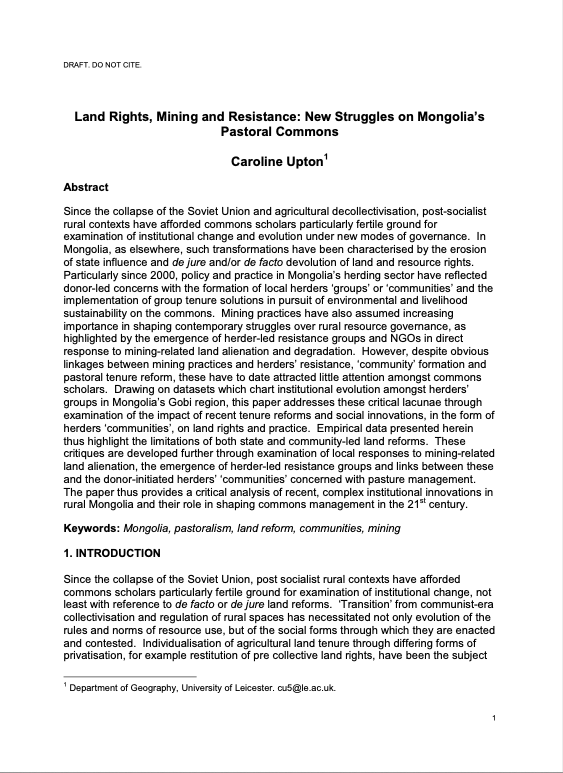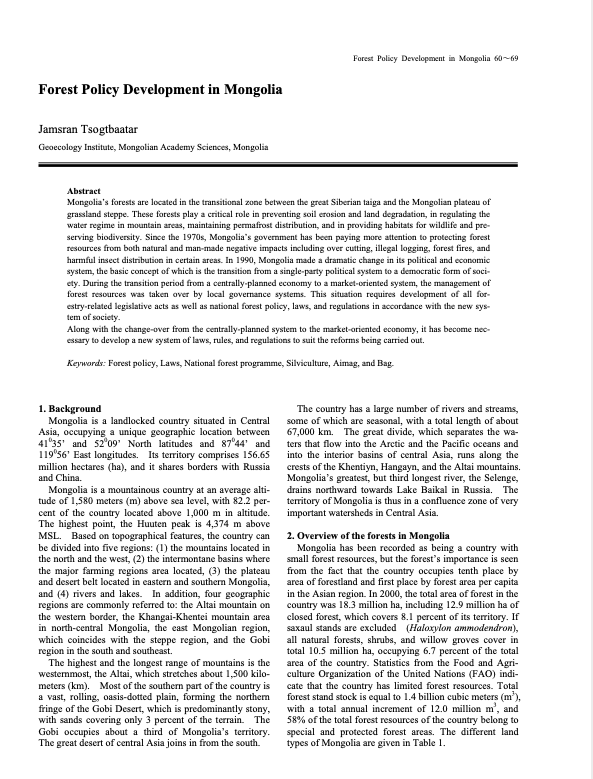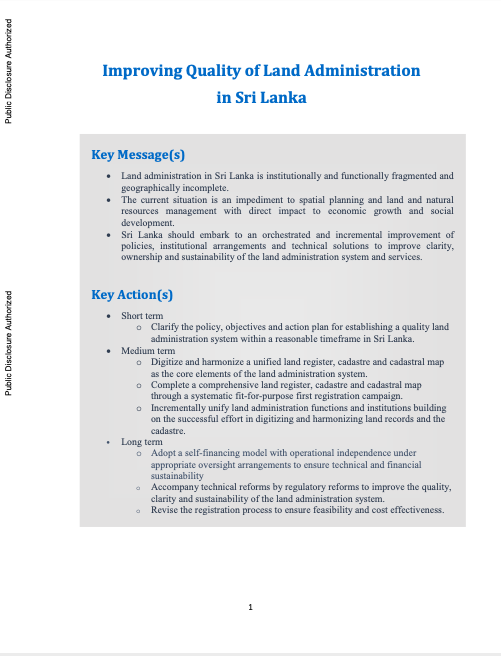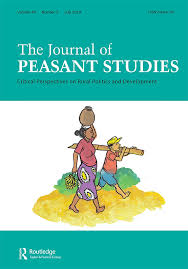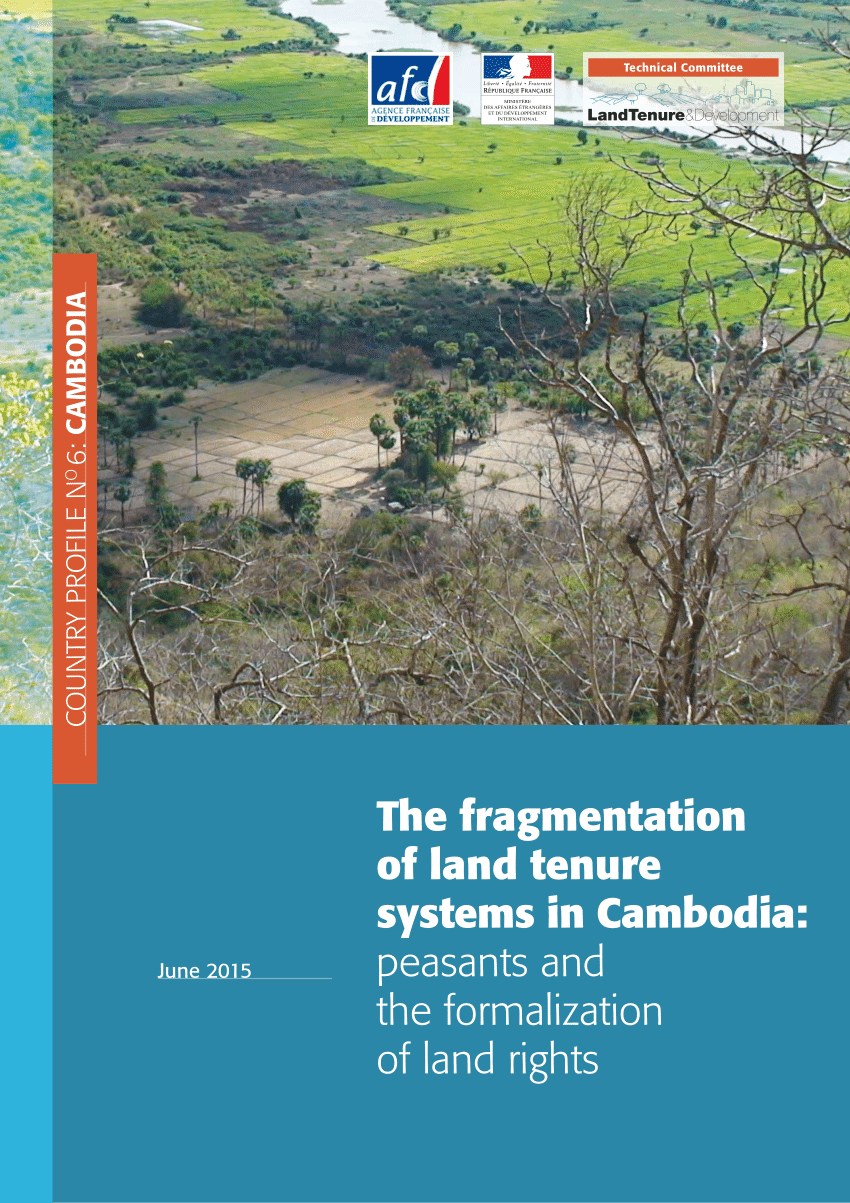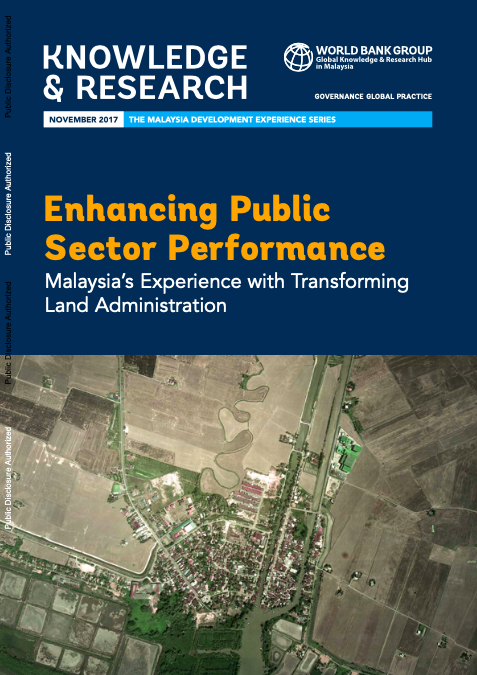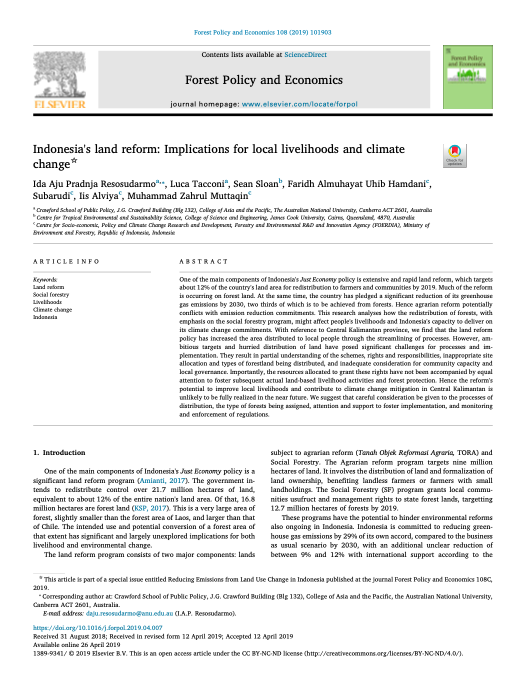Asigurarea informațională a dezvoltării sustenabile
The paper analyzes the provision with spatial information and the mode of its use in rural municipalities. The purpose of this study is to examine the ensurance with spatial information about natural capital within the ATU. The study examines the content and issues faced by local authorities while collecting and managing spatial information . There are given some proposals on the development of the Information System of the locality.


